|
Black Teachers are the apple of our eyes. Filled with enthusiasm, creativity and a high standard of excellence, we salute the unique ways our teachers sift through mountains of paperwork to bring us their best. Also known as storytellers, griots, soothsayers, and mentors they have refined the art of heart to heart communication. List of Black Teachers
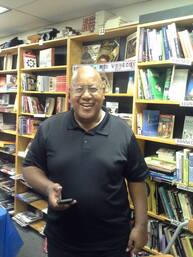 Mr. William Johnson, All-City High School band director, 1980's Mr. William Johnson, All-City High School band director, 1980's When I reflect on my high school days, it brings back fond memories of a weekly band rehearsal. I played the French horn in the All City High School band. Though we had approximately 4 music teachers assigned to the 100 plus member group, there was one teacher that stood out from the rest; his name was and still is Mr. William Johnson. He had a most pleasant disposition, high expectations, and a smile that seemed to provide personal support for each measure we played. He was close to 6 ft tall with glasses and a baton, and always seemed intensely interested in our success. If we ever started talking out of turn, he wouldn't yell or skold; he would simply stop where he was, put down his baton and patiently wait. Sometimes the wait was up to 5 minutes until the room was quiet enough to hear a pin drop. He had a lasting effect on all of us. He seemed to believe in my ability more than I believed in my own. His confidence propelled me to strive higher. His expectations demanded that I at least try to play the notes correctly. The power of one teacher to turn a student's life around can be profound. This post provides a book list from 6 educators whose methods had a profound impact nationwide and in some cases on the world. Book List by or about Black Teachers
Being from Chicago, I had to make sure to include Marva Collins. in this curated list I’ve highlighted more about her In another blog post, called, “8 Black women in History - Chicago Edition.” When sharing the post with a friend, she revealed that she was one of her students and attended Collins’ school called Westside Preparatory School. Le’Passion Darby shared her creed other teaching methods. She spoke with high accolades. I became so intrigued that I sought out more information from Collins’ book called “Marva Collins Way Returning to Excellence in Education.” I wanted to find out her secret sauce to reaching students. When I taught as a Math professor at DePaul University for 10 years, I remember grappling with the curriculum, testing out different communication styles, and adding cultural tidbits along the way. In my first year, I mimicked the professors that I had. I learned quickly of that being a big mistake because the communication was delivered from teacher to student without any engagement. It was a one-way lecture. I remember we used to spend the entire period taking notes without asking any questions. In fact, we didn't dare ask questions. Once the professor started it was clear that time was limited and they were going to do a core dump of everything they had prepared for the day. There was no discourse, no engagement, and no discussion. As I grew as a teacher, I found it more effective to pause between points and ask questions to see if students were getting the material, and stop to do hands-on examples. After reviewing Marva Collins book, I was delighted to find that my approach was in alignment with hers. She had harsh criticism for teachers who used that approach. She said, “some teachers sit behind a big desk, like a king and a castle, and the children are like the poor peasants. The desk isolates them from the children. But I don't stand behind a big desk in front of the class. I walk up and down the rows of desks every day and I hug each of you everyday.” She goes on to say, if the teacher is wrong, students should feel empowered to say so. She says, ”You must never be afraid to tell a teacher if she is wrong. I'm not God. My mouth is no prayer book. We shall work together..” This fear of asking questions is one of the number one enemies in too many Public School Systems today. Asking questions just helps everyone to find better answers. I love the line from the Black Panther film when Shuri says, “just because something works doesn't mean that it cannot be improved.” Asking questions creates an environment for improvement and growth. Breaking down the wall of fear that some teachers create can help students to develop their ideas in the making and be catalysts for change. Professor Gloria Ladson-Billings has coined the term “cultural relevance” in teaching. This seems to sum up one of the key ingredients needed for effective teaching in most public school systems. Outdated materials like “Dick and Jane” do not provide any sustenance beyond the page. Books that affirm our cultural experience serve to validate students’ self worth. When culture is missing, it is more challenging to find interest in the subject matter which can lead to apathy and resentment. Learning should be fun and engaging. Cultural relevance provides recognizable characters or experiences that quickly pique interest due to familiarity. Culture provides a bridge between the familiar and the unknown which the student may feel more comfortable experimenting with. I’m clear that cultural relevance is what transformed my strong distaste for reading to acute interest as an adult. Teachers that infuse this secret ingredient can be traced back to all the teachers on this list. Black Teachers Changes LivesRobert Moses shook up the country with “The Algebra Project” which focused on teaching Algebra to Black students in grade school. Using Math as a tool to explain the world, students were taken on field trips and assigned Math problems to explain their experiences. Here’s a recent video of Mr. Moses explaining the positive impact of the his Project. Dr. John Henrik Clarke was a master teacher who was told in his early years that “you came from a people that have no history.” Thankfully this caused him to ask more questions and become one of our greatest historians that walked the earth. Here’s a documentary about his life called, “A Great and Mighty Walk”. And finally, Dr. Mary Mcloud Bethune started a private school called Daytona Educational and Industrial Training School for Negro Girls in 1904 which developed into a college called "Bethune-Cookman University.” One of Bethune's grad daughter's, Evelyn Bethune, published a book called, "Bethune: Out of Darkness Into the Light of Freedom: Mary's Grandbabies." Booker T. Washington built Tuskegee Institute to provide an education for Black people that focused on training and experiential learning. Check out this video introduction of his life. I couldn't resist sharing this letter in praise of my high school teacher (see below). Bonus Black TeacherListen to a teacher by the name of Rita Pierson. She gave a powerful Ted Talk in 2013. Though she made her transition 2 years later, the message she shared in that video if taken to heart would change the world. She said, "every child deserves a champion." Not just the ones that sit in the front, or who behave well, every student. In ClosingAs always, I appreciate that you have read through this blog post. I hope that you’ve become curious to find out more and do your own research. We ask that you consider purchasing your books from our Black owned business, Afriware Books, Co. If there is a title you’d like to purchase that is not mentioned here, or could not be found on the website, feel free to email us at: [email protected]
Comments are closed.
|
AUDIOBOOKSMERCHGIFTSjoin email listACADEMIC BOOKSblog Author/
|
- Store
- Blog
- AUDIO BOOKS
- EBOOKS
- SEARCH
- Welcome
- GoFundMe
- TUCC
- Events
- READING GUIDE
- AUTHOR INFORMATION
- ARTIST BIO/PRICE
- NNEDI OKORAFOR BOOKS
- PODCAST
- LARUE'S HAND IN CLAY
- About Us
- FREQUENTLY ASKED QUESTIONS
- BOOK FAIR /SCHOOLS / CLUBS
- Photo Gallery
- EJP BOOK DRIVE
- Videos
- Newsletter/Articles
- Archives
- External Links
- Afriware Statement on COVID-19
- GREATER LAKES
- Afriware Merchandise
- AFFILIATE INFO
- SEBRON GRANT ART DESIGNS
- Mother's Day Bundles
- CARTOON
- ROBOTS
- STEM
AFRIWARE BOOKS CO. A COMMUNITY BOOKSTORE SERVING:
|
|
Melrose Park, IL
|
|
,AFRIWARE BOOKS, CO,
1033 SOUTH BOULEVARD, OAK PARK, IL 60302 708-223-8081 ONLINE SUPPORT: Thurs-Fri. 4-6pm Sat. 12-2pm, IN PERSON EVENTS: afriwarebooks.com/events |
Want to try a great website builder, try Weebly at: https://www.weebly.com/r/9SAD4V

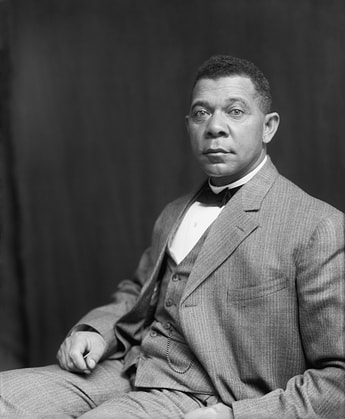
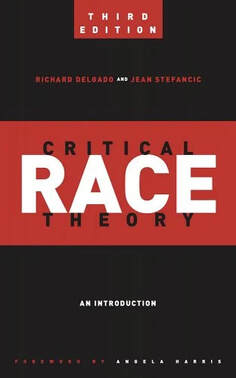
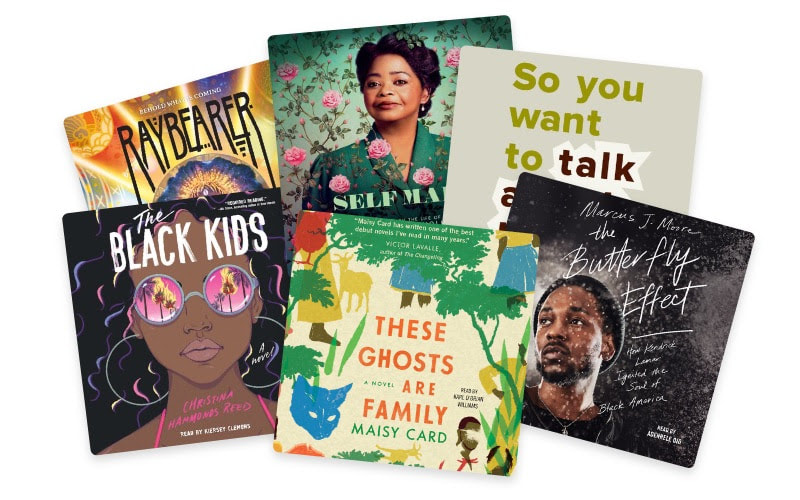
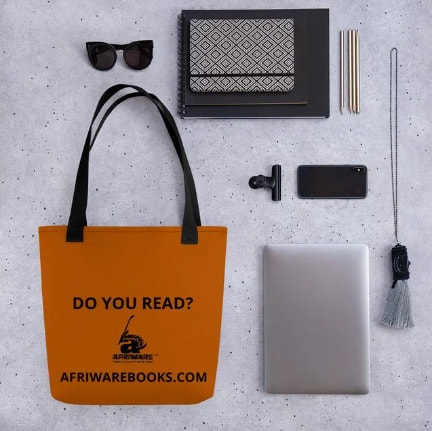
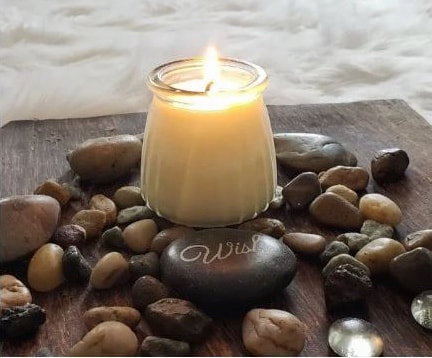


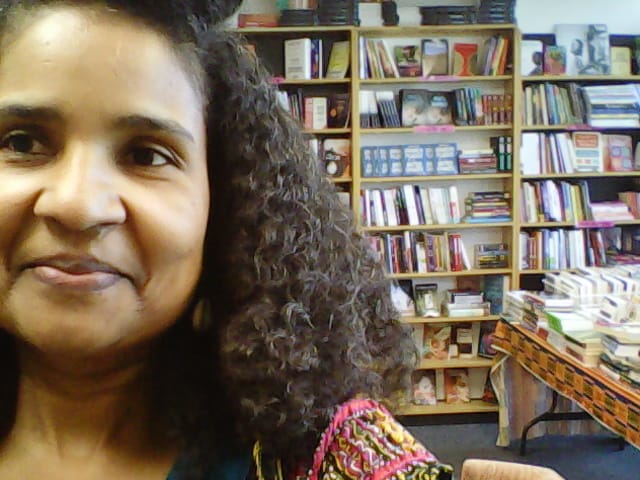
 RSS Feed
RSS Feed


